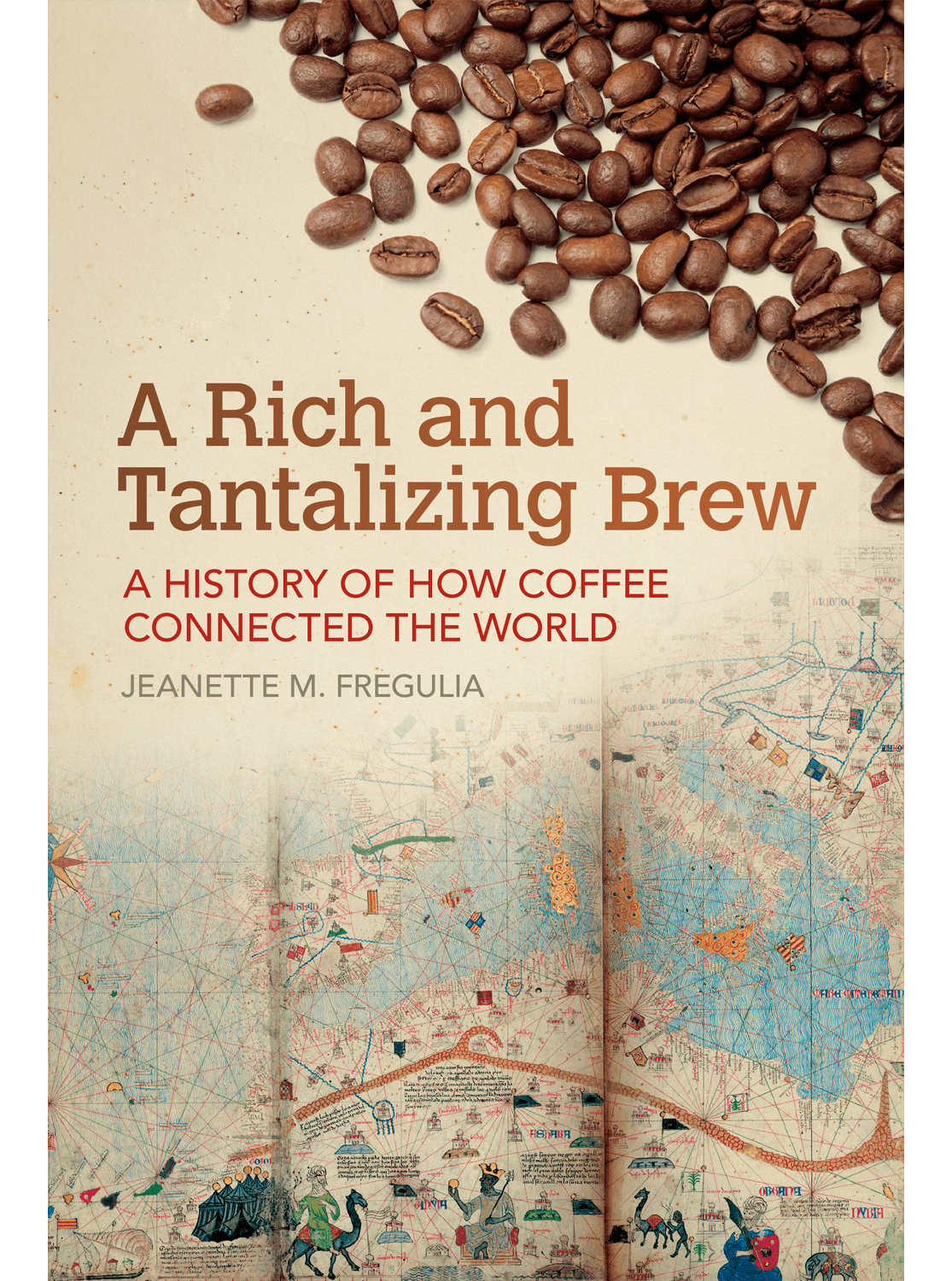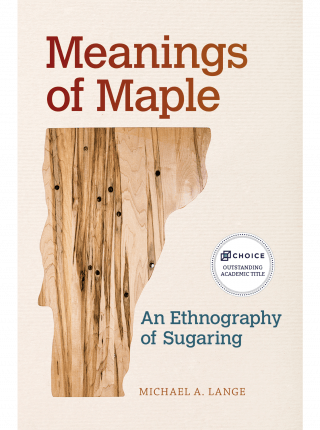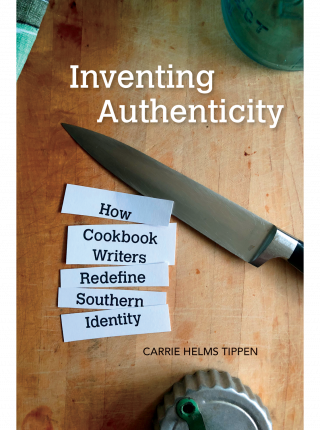The history of coffee is much more than the tale of one luxury good—it is a lens through which to consider various strands of world history, from food and foodways to religion and economics and sociocultural dynamics.
A Rich and Tantalizing Brew traces the history of coffee from its cultivation and brewing first as a private pleasure in the highlands of Ethiopia and Yemen through its emergence as a sought-after public commodity served in coffeehouses first in the Muslim world, and then traveling across the Mediterranean to Italy, to other parts of Europe, and finally to India and the Americas. At each of these stops the brew gathered ardent aficionados and vocal critics, all the while reshaping patterns of socialization.
Taking its conversational tone from the chats often held over a steaming cup, A Rich and Tantalizing Brew offers a critical and entertaining look at how this bitter beverage, with a little help from the tastes that traveled with it—chocolate, tea, and sugar—has connected people to each other both within and outside of their typical circles, inspiring a new context for sharing news, conducting business affairs, and even plotting revolution.
Funded in part by The Julia Child Foundation for Gastronomy and the Culinary Arts.
Four Minutes, Four Questions: Author Jeanette Fregulia
Jeanette M. Fregulia is associate professor and chair of the Department of History at Carroll College in Helena, Montana.
“Jeanette Fregulia’s compact but wide-ranging A Rich and Tantalizing Brew bridges a number of chronological and geographical gaps in the historical trajectory of contemporary global society’s favorite addictive stimulant. … A Rich and Tantalizing Brew, at its best, makes a powerful case that it is past time to ditch the hard distinctions between Eastern and Western civilization and instead to embrace the far more numerous conjunctures between the two spheres.”
—Patrick Funiciello, The Social History of Alcohol and Drugs, Volume 35, Number 1
“Jeanette M. Fregulia has written a beautifully woven history of coffee, bringing together its social, spiritual, economic, and aesthetic roles with elegance and exceptional scholarship. This book is a must for scholars, students, and lovers of the ‘rich and tantalizing brew’ alike. It will become standard reading for anyone interested in understanding how coffee became one of the most beloved commodities on the planet.”
—Nancy Stockdale, University of North Texas
Series Editors’ Preface
Preface: A Personal Journey to Coffee
Introduction – One Bean, Many Histories
Chapter 1 – Desert to Sea: Coffee, History, and Place
Chapter 2 – Sociability, Chemistry, and Coffee’s Eastern Origins
Chapter 3 – Coffee Crosses the Mediterranean
Chapter 4 – Coffee and the World of Commodities
Chapter 5 – Anxieties about Coffee
Chapter 6 – Coffee and New Patterns of Socialization
Chapter 7 – Coffee and Modernity
Conclusion – Just the Grounds
Notes
Bibliography
Index

Food and Foodways is a series from the University of Arkansas Press that explores historical and contemporary topics in global food studies. We are committed to representing a diverse set of voices that tell lesser known food stories and to provoking new avenues of interdisciplinary research. Our strengths are works in the humanities and social sciences that use food as a critical lens to examine broader cultural, environmental, and ethical issues. In addition to scholarly books, we publish creative nonfiction that explores these topics with a focus on food’s sensory dimensions.

Adopted at: Siena College
Course: HIST 103 The West and the World 1500-1900
Course Description: This course provides a broad historical study of the main trends and events in global history from 1500 to 1900. It examines how patterns of interaction in the past have contributed to shaping historical change. Students will learn to understand and appreciate the important role of cross-cultural communication between the civilizations of “the West” and the rest of the World. They will examine the human condition over time, both the role of the powerful and the powerless. This course also introduces students to the discipline and methodologies of history. Students will engage with enduring questions of human concern, demonstrate competence in historical literacy, and practice intercultural knowledge and respect.
Professor: Karen Sonnelitter
Term: Fall 2022
Adopted at: University of North Texas
Course: HIST 4249 Food, Sex, and Drugs in Middle Eastern History
Course Description: Explores how the commodities of food, sex, and drugs have influenced Middle Eastern History since the 7th century. Focuses on changing attitudes and trends in food, sex, and drugs through time and the complex contributions of these concepts/things/ideas in shaping the region in various historical eras.
Professor: Nancy Stockdale
Term: Fall 2022






